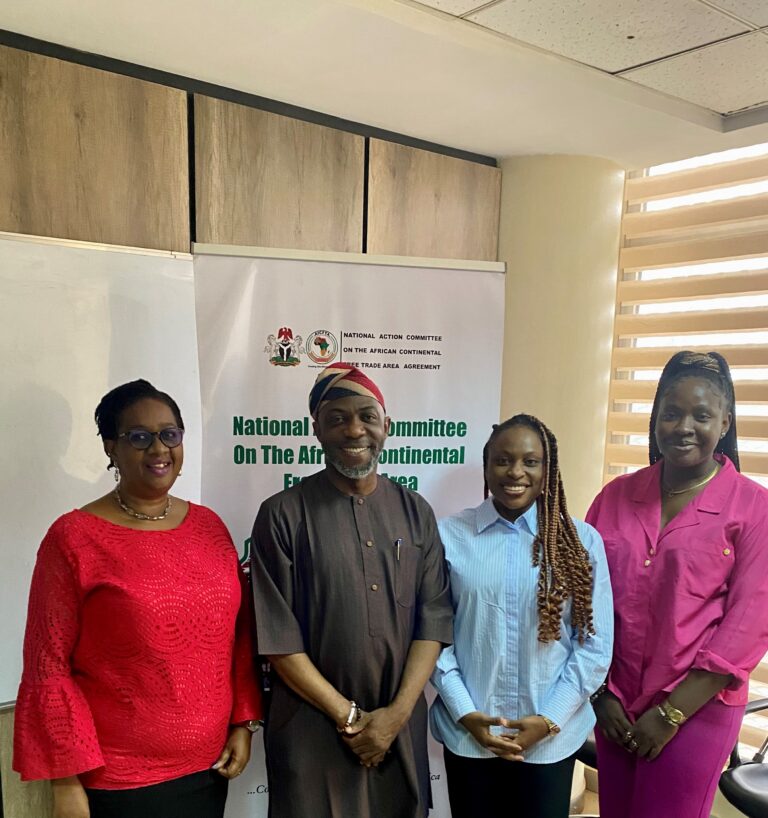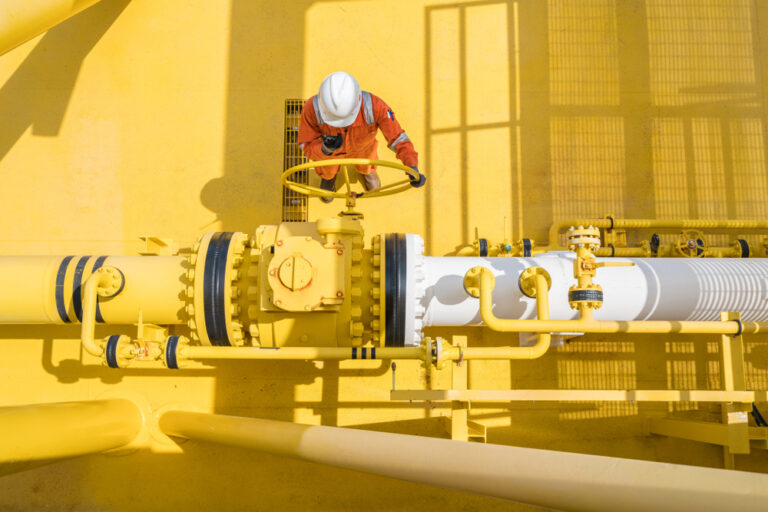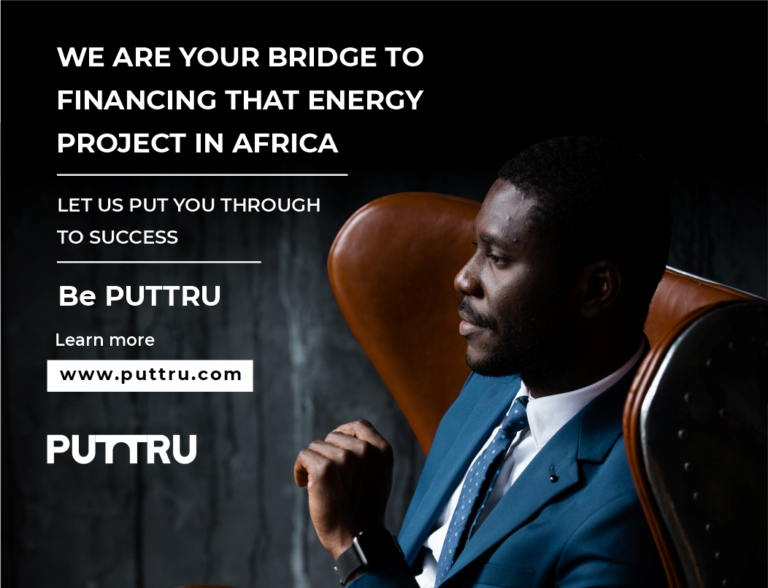- As former Chairman of the Nigerian Electricity Regulatory Commission (NERC), can you tell us more about the Commission, specifically as it concerns its role to “Promote and ensure an investor-friendly industry and efficient market structure…”?
The commission is an independent commission. This means that it has fiscal, managerial and decisional independence. The Chairman and Commissioners are appointed by the President from amongst industry experts but confirmed by the Senate for 5 years tenure. Their tenure is renewable once. They cannot be removed except for cause and with the two-third vote of members of the Senate. The commission decides its budget and recruits its staff. Its main mandate is to promote an investor-friendly industry and efficient market structure through regulatory intervention. In this wise the commission has the market rules which provide clear and enforceable rules of managing the market through the advisory of the Industry Stakeholder Advisory Panel which is composed of representatives of licensed operators. The governance process of the commission in its Business Rules guarantees due process and gives operators a right of hearing and appeal.
- NERC is the authority when it comes to issuance of licences for electricity generation, transmission and distribution in Nigeria. What distinguishes those that secure licenses from those that don’t?
The basis for licensing is viability of project which is benchmarked by financial and technical capacity of the promoters. The Commission has regulations that provides all criteria and procedure for grant of license. The key issue will be whether the proposed project is financially bankable based on proof of fund and ability of the promoters to source for fuel and transmission facilities for evacuation of power. Those who are ultimately licensed are those who have established the following: (1) proposed funding to cover project scope (2) off-taker agreement with the bulk purchaser or discos (3) relevant connection agreements with the transmission service providers, and (4) credible financial and technical proposal with OEM contracts.
- Looking at the financial health of energy companies, the International Energy Agency (IEA) 2018 World Energy Investment Report notes that energy investments, generally, come from a company’s balance sheet. How much of a difference does a good balance sheet make in the Nigerian case? What’s the role of foreign partnerships in strengthening a local company’s position?
In Nigeria, because of historic liquidity crisis the balance sheets of energy companies will not be very attractive. The debt equity ratio in the NESI (Gearing formula) is 70:30. That is, 70% of investment should come from debt and 30 from equity. It will be unreasonable to expect full recovery at the nascency of the competitive electricity market. At present there is significant underpayment for many market operators. Therefore, some of the critical investments in sustenance and long term improvement will be financed through borrowings and the balance sheet may not be able to backstop it in the short term.
Those who are ultimately licensed are those who have established the following: (1) proposed funding to cover project scope (2) off-taker agreement with the bulk purchaser or discos (3) relevant connection agreements with the transmission service providers, and (4) credible financial and technical proposal with OEM contracts.
- In 2018 the Federal Government approved its 30:30:30 electricity vision, which targets generation of 30 GW in 2030, with 30 per cent from renewable energy sources. What advice do you have for foreign investors interested in participating in the Nigerian electricity market?
Nigeria is taking investment in renewable energy very seriously. The legal and policy frameworks are ready. The regulator has also produced a compressive feed-in-tariff methodology to ensure recovery of cost for project developers in renewable energy in Nigeria. There are also many subsidies and fiscal support for these projects. State governments are willing to provide land and public guarantees for solar projects and other renewable. The Ministry of Power is championing a focus on renewable even as USAID and other international agencies are providing technical and financial support for research, consultancies and other advisory services







